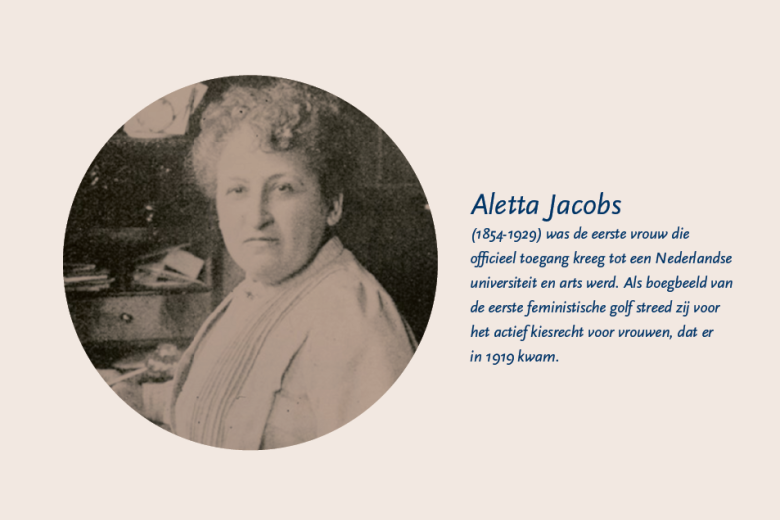Maastricht Institute for Criminal Sciences
Located at the law faculty of the University of Maastricht, the MICS brings together scholars from all over the world with different academic and professional backgrounds such as law, forensic psychology, criminalistics, and criminology. The multidisciplinary research focuses on crime, criminal law, and criminal justice systems combining a legal comparative approach with a social scientific methodology. Our staff teaches a variety of bachelor and master courses both in Dutch and English. MICS is involved in numerous international academic and research networks.
Blogs
Research
Research at MICS is multidisciplinary and covers fields of criminal law, criminology, psychology, neurosciences and forensics. Apart from studying the law in the books and the law in action, the normative, cognitive and operational assumptions that underlie criminal policies and law making are at the core of our research. Contemporary challenges posed by crime are no longer limited to the nation state but require a multidisciplinary and global analytical framework. Shifting paradigms within criminal justice systems broadened the view from the nation state over the cross-border and European level all up to the international level and cyberspace.
MICS conducts cutting-edge research on three main focus-themes:
- Quality standards for criminal justice systems
- Additional and alternative responses to criminal justice
- International cooperation in criminal matters.
MICS’s research takes place in the following four out of five streams:
1. Values
2. Institutions
4. Mobility
5. Digitalisation











